Three leading firms explain how their working practices changed as a result of the pandemic, and what its lasting legacy for the sector could be
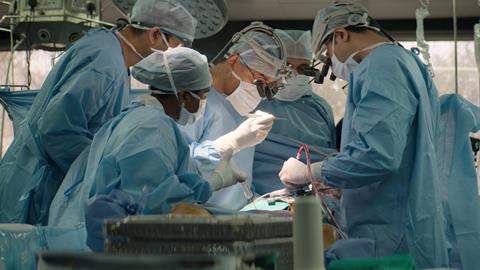
Halo
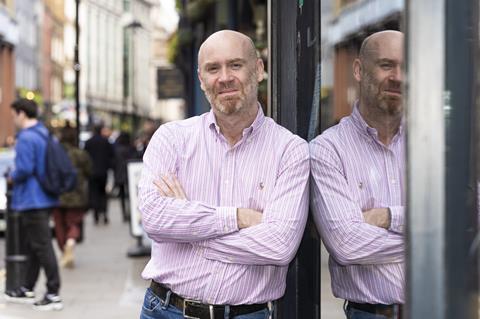
When the first lockdown was implemented, our priority was to quickly facilitate solutions that would ensure productions could be finished by any means necessary. At that stage, it was widely accepted that all parties would have to make some level of sacrifice to get the job done.
Halo has been successfully working with remote solutions for some years now, so we had a head start. For example, our picture finishing suites have been using Terradici remote hardware since 2017 – the same technology that is being used today to remote into facilities.
We managed to get almost all staff working remotely within the space of a few days – an extraordinary achievement – with two or three people in the office on hand to do the things that could not be done remotely, such as handling physical media or something as simple as rebooting a machine.
After a few weeks, the focus shifted to ensuring our remote solutions were of a standard in keeping with an ongoing business, which required only a few tweaks – users can now log into their Avid from wherever they are.
Looking forward, most people will probably still want the Soho experience, but some will prefer to work from home, given the potential carbon footprint benefits of reduced travel through working remotely. Halo will continue to offer both, and the remote option now comes as standard with all our offline suites.
We designed HaloVision, which is a browser-based asset-management tool that enables clients to collaboratively manage rushes, archive, sound assets and so on from wherever they are. This tool is now a part of our workflow, whether working remotely or locally, and I expect it will be part of our offering for the foreseeable future.
Enabling remote finishing is much more challenging. We have implemented several impressive solutions, but it is hard for the client and the operative, and a means to an end during Covid times. The industry will probably require facilities to have options in place in case of emergency, but the future of finishing sessions will return to Soho.
Even with all these steps in place, there has been less work to do, so less income. Fixed overheads sadly don’t cease during a pandemic. We have been able to claim financial support from the government through the Job Retention Scheme and fewer people on site incurs less costs, but the savings on their own are not enough to offset the decline in revenue.
“The post facility of the future will be one where editing is split across remote and in-house solutions and finishing is done back in Soho”
We filled the gap by increasing debt, which we will eventually have to pay back, and will no doubt hamper some of our growth plans. I’d hope the Coronavirus Business Interruption Loan Scheme (CBILS) loans are seen a in a similar way to how student loans are considered in a mortgage application – not entirely ignored, but recognised in a different way to other debt.
Because of the increase in debt, future investments will most likely need to be financed with cash.
It will take a few years for Halo to truly recover from the impact of Covid. The post-production facility of the future will be one where editing is split across remote and in-house solutions and finishing is done back in plush, soundproofed suites in Soho.
Envy
From the outbreak of Covid-19, we worked hard to find a permanent solution to remote working, which turned into the Envy app.
It gives clients full flexibility on how they want to work, whether in one of our facilities, remotely, or a hybrid of the two. It is a secure and easy-to-access platform to bring everyone working on a project together in one place.

Regarding finishing, our creatives had full license to work from home, but the majority opted to work at Envy in individual, Covid-safe work spaces. Most prefer having full physical access to their customised workstations with everything needed to complete a project.
Additionally, many indicated the office environment helps them maintain a better work-life balance, separating their personal time and space from work.
At the start of the pandemic, we reached out to our five different landlords to discuss various financial options. The initial discussions about a reduction in payment were quickly rejected and our landlords returned with various offers, including the option of monthly payments instead of quarterly and reduced service charges – calculations were created based on building footfall, and costs reduced accordingly.
Overall, there were no generous discounts and the landlords were relatively difficult to deal with, but Derwent London was the exception. It helped us greatly by reducing our service charges and offering the option of reducing rent by means of deferral – to be paid in better times.
In terms of staff, the furlough scheme gave us the benefit of some financial back-up and a means of retaining employees, while giving everyone the benefit of knowing what was happening. However, the conversations with staff members who were being put on the scheme were extremely sensitive and difficult.
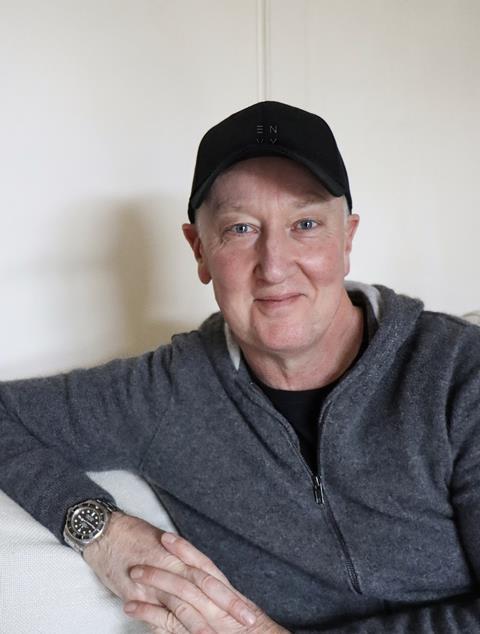
With clients, you always have to be careful when you ask them not to attend a session. Their project is their baby and it’s likely they will want to watch it being graded and/or mixed and check the final version in the post facility.
We organised remote approval but if that really was not possible on a particular project, due to it perhaps requiring a fast turnaround, then they could come in and sit in a separate environment from the operator.
We created new sound environments in the booths, where clients could monitor the sessions and communicate directly with the mixer, and similar separate areas where the grading could be viewed.
We also had very strict policies with regard to accepting people into the facility – temperatures being taken, masks being worn and everything in between.
We continue to be completely transparent with our clients about what is and is not possible and appreciate their understanding and commitment to upholding our Covid policy. Overall, everything has worked out well.
“Aspects of what we do can only be executed in a ‘proper’ post environment and reproducing a grade at home is a Herculean task”
Building-based post houses have been questioned for years, but as we’ve seen from the requests and needs of our clients, many of them still want to come in and craft their project in the post environment.
Certain aspects of what we do can only be executed in a ‘proper’ post environment. Mixing 5.1 surround in a fully equipped studio is incomparable to doing it in a home set-up and reproducing a grade at home is a Herculean task.
Post-Covid, I can’t see us losing any real estate as there are still projects that require people to work on site and be together. If anything, we’re acquiring some more space for expansion work at the moment. Ultimately, we need to be here because clients want us to be here.
RunVT
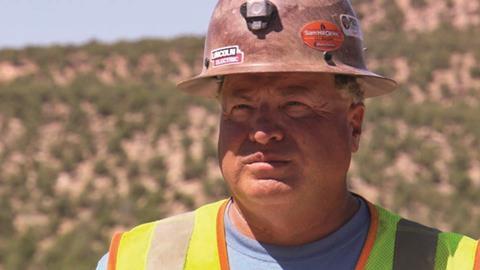
Soon after the prime minister’s lockdown announcement in March, it became clear we could not carry on working as we had done for many years.
Due to the filming restrictions, a few of our clients decided to put jobs on hold, and some of the series we had in the pipeline were either cancelled or postponed. Clients that were able to continue editing looked to us for working solutions to fulfil their obligations and deliver to broadcasters.
Our immediate plan was to safeguard our staff, client projects and financial commitments. We furloughed the majority of our workforce, with the exception of our creatives and a member of each department.
Director of operations Happy Chhokar and I looked into reducing our costs, knowing that our revenue stream was about to be severely impacted. We negotiated payment agreements with HMRC, landlords and financial brokers to help ease our regular outgoings, and also sought financial assistance as a contingency for our banking facility.
In early April, the reality and true impact of Covid-19 hit home. I unfortunately lost my dear mother as a result of the pandemic.
“In the past, we turned away work due to our edit schedule being full, but now we can accommodate more contracts as the physical space is no longer required”
May was a turning point in our working practices. Until then, editors were working with standalone Avid kit with media on a drive. With the help of our in-house team and guidance from Altered Images, we researched the most simplified and cost-effective working solutions available, allowing remote offline editing from our workplace.
We were fortunate enough to secure new contracts during the pandemic. This was a direct result of the workflow solutions we had put in place. In the past, we often found ourselves in the position where we would turn away work due to our edit schedule being full. But now, we were able to accommodate more contracts, as the physical edit space was no longer required.
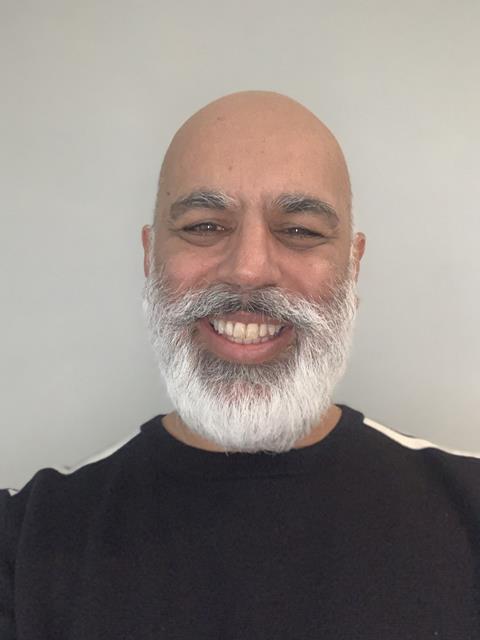
With the influx of work, we found that our finishing post demands also increased, leading us to employ two dubbing mixers and an additional online editor.
Our biggest challenges came from our final post services: grading, dubbing and online. We looked into the safest ways to complete jobs without compromising health and safety for all concerned.
The early model for remote final post sign-offs was something new for all of us. With the client not being present, the process for signing off shows became a several-step process, which had an impact on both time and cost.
So how has the year panned out? Surprisingly, better than expected. As long as filming is allowed, there’s hope for the future. In September, we purchased more Avids and several FS7 cameras for our hire department and over the next few months, we will be building a second sound suite as well as increasing our Nexis storage.
Without teamwork, peer support, advice and government help, we would not have been able to retain all our staff. Our clients have also played a big part over the past nine months – without their loyalty and faith in us, our story would be different.
































No comments yet